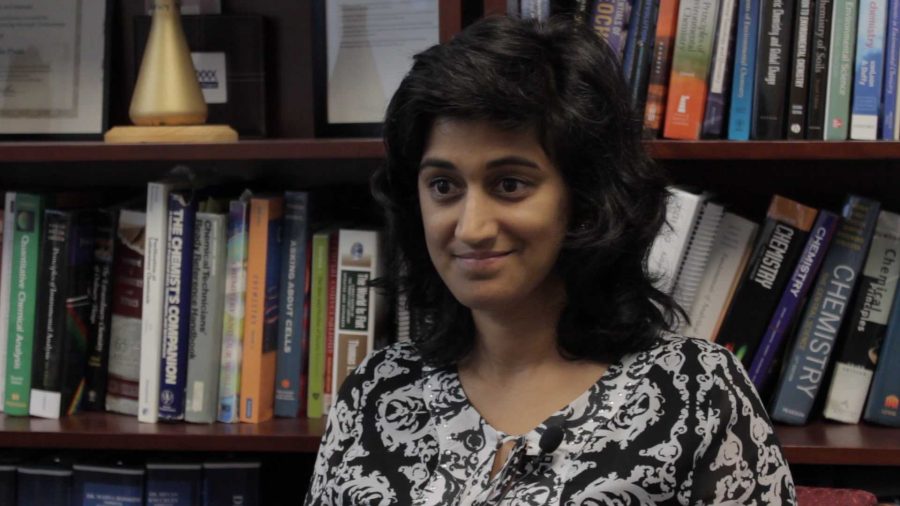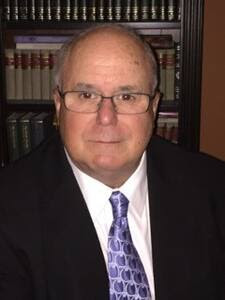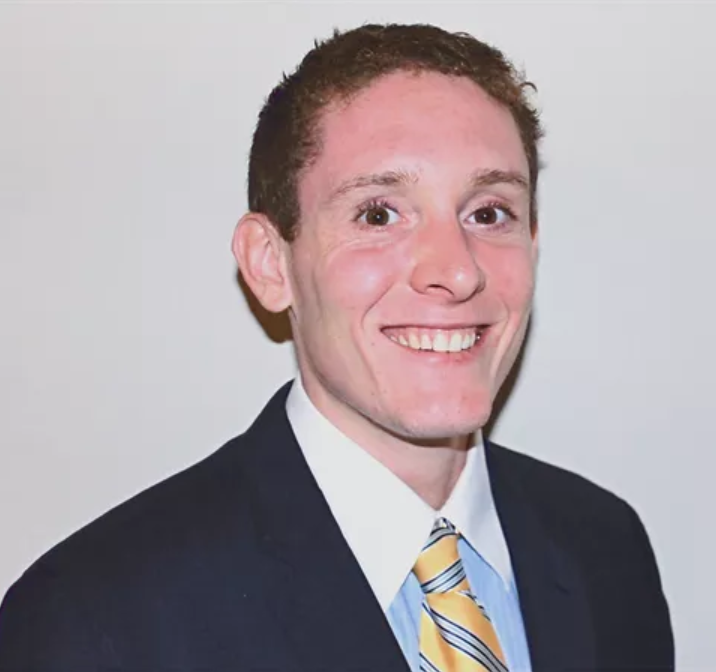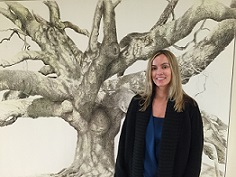It was a warm afternoon when I went to speak with Professor Pyati. I ventured through the maze of the Science and Engineering building that was as complex as chemistry itself before I finally found her behind a computer surrounded by inch-thick chemistry research books. Radha Pyati, Chemistry Department Chair and professor, is involved in the ongoing research on the lower St. Johns River.
She works with a team of scientists from Jacksonville University, the University of North Florida and Valdosta State University, gathering data from a variety of storage databases. They then compile the data into an annual report on the health of the lower St. Johns River Basin.
One issue the St. Johns River Report focuses on is nutrient concentration in the river, specifically phosphorous and nitrogen — too much of either causes algae blooms.
“When the bloomed algae dies, the decomposition of their bodies consumes dissolved oxygen in the water,” Pyati said, “which can endanger aquatic life.”
These algae blooms coated Lake Okeechobee in a green slime in south Florida this summer, causing cities to close their beaches and Rick Scott to declare a state of emergency. But Jacksonville’s St. Johns River seems to be going down a different road.
“This year, the research has found that total nitrogen levels are creeping down,” Pyati said. “Last year, the total phosphorous levels have also gone down.”
When asked about what she plans on doing after working with the River Report, she looked surprised. Pyati plans to continue working for the St. Johns River Report for many years to come.
“Well that’s a good question, because I’d like to work on the St. Johns River Report and I’d like that project to go on for quite some time,” Pyati said. “The role the Report plays is valuable to the community.”
The River Report educates the community on the health of its environment and provides an external view of whether the efforts to improve the river’s health is visible in water quality. But Pyati’s research does more than educate the public – it teaches her students about what majoring in chemistry means for the students’ futures.
“In the Department of Chemistry, we have a lot of opportunities for students to come and work in a small research group to use a variety of chemical techniques to answer questions that no one has ever answered before,” Pyati said.
Pyati worked on electrochemistry at the University of Colorado Colorado Springs before joining UNF and the St. Johns River Report’s community in 2008. She looked up with nostalgia when she explained a previous discovery with students.
“Well I mean one of my most interesting results from that time, and again this was before I was at UNF, was a project I did with students where we were looking at a platinum finnel complex that we had acquired from a federal laboratory, so they were our collaborators,” Pyati said.
When Professor Pyati was still working with electro-chemistry at UCCS, she and her students used bulk electrolysis to find all the products that result from irreversible oxidation.
They found that certain molecules combining with platinum as a result of bulk electrolysis was irreversible because the platinum’s molecules would connect with other molecules instead of reattaching themselves to the platinum.
—
For more information or news tips, or if you see an error in this story or have any compliments or concerns, contact editor@unfspinnaker.com.












